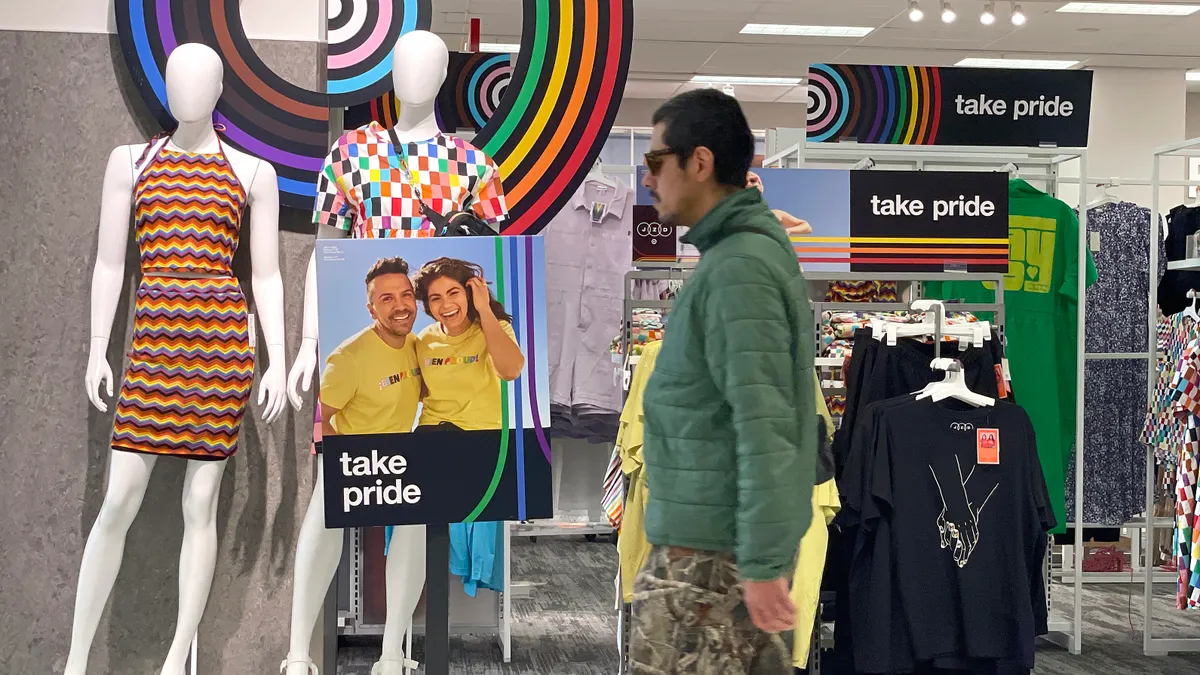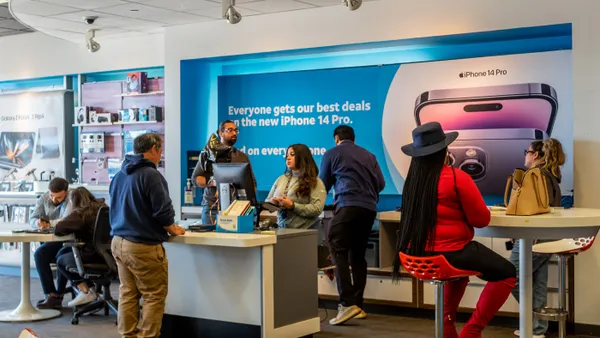Dive Brief:
- More than eight in 10 U.S. shoppers are concerned about inflation, with a large portion of them beginning their summer shopping early, according to a survey on summer shopping plans by marketing firm Optimove.
- Seventy-five percent of survey respondents said clothing would be their most important purchase for summer. While shopping for apparel, beauty and homegoods, 82% of customers regularly check prices online while in store.
- More than half (55%) of respondents said they were “very concerned” about tariffs and how they might affect pricing. Despite those misgivings, 82% said that product quality was the most important factor in making a purchase, and 75% said price drives their urgency to buy.
Dive Insight:
Optimove’s data was based on a survey conducted in April and May of 320 consumers aged 18 to 65 who earn more than $75,000 annually.
Despite uncertainties about tariffs and inflation, 39% of those surveyed said they planned to spend more in summer 2025 than they did last year, and 37% said they planned to spend the same. Fifty-seven percent said that a product going on sale could motivate them to buy it now.
Sustainability and a brand’s commitment to protecting the environment isn’t as important to customers as it was last year, with 43% saying it was still very important, compared to 66% of shoppers sharing that sentiment last year. Another 32% said it was somewhat important in 2025.
Against this consumer backdrop, the report outlined a dozen initiatives brands and retailers might consider when marketing their products, including a focus on personalization and relevancy.
More than half of respondents said that personalization makes them feel understood or guided towards making a purchase. The report also suggests retailers be agile and spontaneous in their approach to attracting customers.
“This summer, consumer trust is won by brands that communicate clearly, act empathetically, and offer real value,” Pini Yakuel, CEO of Optimove said in a statement. “The data shows that shoppers are more informed, more intentional, and more digitally connected than ever. They are also concerned about economic turmoil.”
Yakuel said that having nimble, undefined marketing roles within a company allows a brand to act more quickly to solve a multitude of problems.
“Brands can now be empathic with the communication agility to meet their customers at critical moments in their shopping journey with positionless marketing,” said Yakuel. “It empowers marketers to move at the speed of a customer’s interaction with the brand.”












